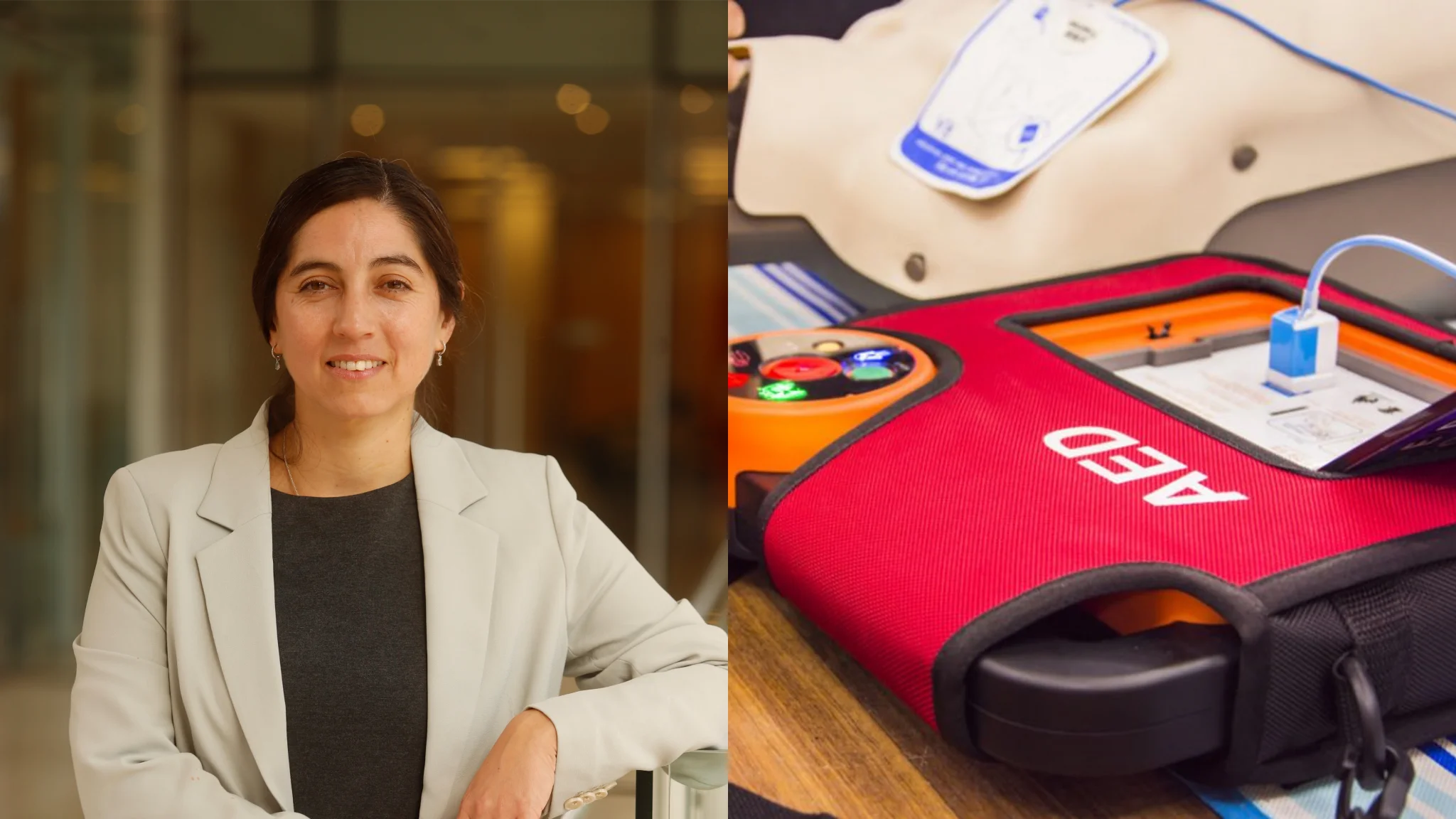Physicians and engineers are developing technology to improve clinical decision making and increase the neurological survival of patients with cardiopulmonary arrest.
A multidisciplinary team is developing a cutting-edge multisensor device that could transform the way cardiopulmonary resuscitation (CPR) is performed.
This project is entitled "Multisensor device for cardiopulmonary resuscitation. Improving survival and reducing neurological sequelae." The project, led by a team of engineers and physicians, aims to provide real-time information to facilitate clinical decision making and improve outcomes for patients suffering from cardiopulmonary arrest.
The central objective of this initiative is to evaluate various physiological variables during CPR to provide accurate data that can be used to optimize resuscitation maneuvers. The ultimate goal: to increase the survival rate of patients, not only in terms of survival, but also by ensuring a favorable neurological recovery.
"Current results in resuscitation are worrisome. The survival rate in cases of out-of-hospital cardiac arrest barely reaches 10%, and only half of these patients recover adequate neurological functions. This project seeks to change that picture," explains Dr. Marcela Garrido, director of the Department of Emergency Medicine at the School of Medicine of Universidad de los Andes, who is leading the project.
With an estimated incidence of 13 out-of-hospital cardiac arrests per day in the Metropolitan Region alone, the impact of this technological development could be significant. "We want to provide a tool that not only assists professionals during resuscitation efforts but also, in doing so, increases the chances of full recovery for patients," says Dr. Garrido.
The team that will develop this project includes Jorge Gómez, electronic engineer with doctorates in Engineering Sciences and Philosophy from the Catholic University of Chile and the University of Notre Dame; José Delpiano, professor at the Faculty of Engineering of Universidad de los Andes; Diego Eyzaguirre, an engineering student in charge of technical development and machine learning algorithms; and Jhonson Castro, an emergency medicine resident who will collaborate in validating the device in real and simulated clinical scenarios. They also have the support of Dr. Jorge Rodríguez, head of the Emergency Department at Hospital San José, and Dr. Nicolás Escudero, technical head of the same service, together with the team from the Department of Emergency Medicine at Universidad de los Andes.
The study will be carried out at Universidad de los Andes and Hospital San José, where the device will be tested in real-life medical emergency situations.

